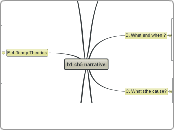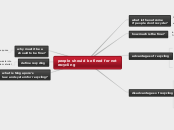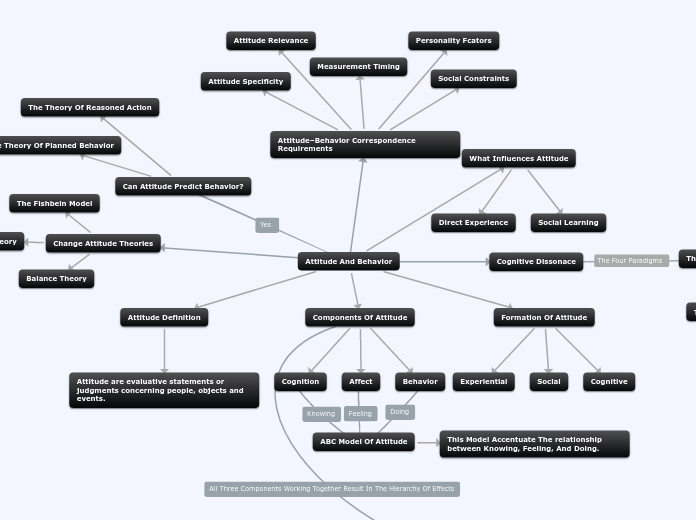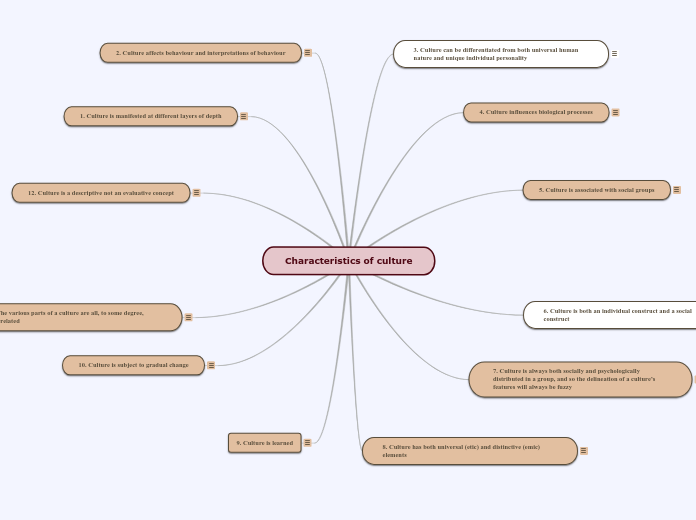b1 ch5 narrative
G. Temp and Development
(how genes and environment interact)
Transactions
Sameroff: Transactions
influnencing behaviour of caregivers
Goodness of fit
Isabella: caregiver personality not corr with child attachment but interaction is.
Direct effects
self-selection of environments
Dunn & Kendrick
More stressed on arrival of sibling
Keogh: in School
Factors like attention or impulisivity
Scarr's PA 3 interations
evocative: child evokes response
active: self selection
passive: sharing char.
F. 4 Termp Theories
Dunn&Kendrick: jealousy
Importance of environment
siblings reaction to newborn not only related to temperament but quality and stability of interaction.
Bus and Plomin's EAS
EAS framwork
Emotinality/ Activiy / Sociability
Links well with Eysencks: EPI
Extroversion
Neuroticism
factor analysis
Kagen's inhibited child
Kagen found a type that shows strong behavioral inhibition i.e. to new things
change possible with concious effort
links this to arrousal level in the limbic system
75% stabilty
Linked with later problem behaviour
Thomas&Chess'9
But
Vaughan's Uterus
Mothers formed a view before child was born: Ratings of temperament related to mothers personality and attitudes on child rearing
Pauli&Potts: emotionality at 4 p
erceptios of emotionality at 4m predict measurement at 8
Bates& Bales: Mother problems
link of problem behav reported by mom at 2y with later 3-6y
Also 3 Types
easy child
slow to warm up
difficult child(increased risk of later behvour problems)
approach
rhythmicality
adaptabilty
mood
9 Dimesions
But: Some factors possibly overlapping
i.e distractibilty and attention span
E. Methods
face to face Interviews
social desirealbilty or problems with understanding
potentially more accurate
parental observations
But: Hagekull: Good corrlation between partents reporst and direct observation
good acces but biased
D. How stable is it
Long Term: clear relationship
Caspi et al: 1000 3y
cat in 5 Types
26
close friend
MPQ
self
Short Term: high stability
Hinde & Tobin
4 y
assessment at home and in play group
Gender: behvioural differneces
Shy
G. Less hostile w. peers
G: better rel. w. mother
"coherence of termperament" across contexts
Plomin: Colorado Adoption Project
But: based on parental ratings (sim to previous)
less stability
high stability from 1-4
emotionality
C. What'sthe cause?
MAOA(m) re-uptake
Caspi et al
Seronotine transporter: aggressive only with kids who been in abusive environment.
7r Dopamine Receptors
Schmidt's: Older Kids
Problem with attention, risk taking and aggressive behaviour
Auerbach: General:
Dopamine receptor assotiated
with temperamental differnces
Genetic origin
Buss& Plomins: Minnesota Twins correlation
But: MZ often similar environm.
activity
sociability
B. What and when ?
variation accross time
continuity
similar characteristics accross time
stabilty
same behaviour over days or weeks
Important temperamental differences
and time of emergence (contrad. to def)
But: Other genetic factors like intelligence also only experess themselves later
very late
effortful Control (i.e. Rothbart)
inhibition to persue a goal
very early
Inhibition (s. Kagan)
Agreement on 3 broad categories
Motor activity
attentional
emotional
A. Introduction
Temperament
Def.
(TempoSition) Disposition to act in particular ways accross time and situation not regarding the influence of cognition. Tought to be inherited.
Personality theories
Trait
Costa McCrae
Big 5
Eysencks EPI
people vary on certain dimesions
Type
MBTI
the four humours
People are qualitativly differnt









